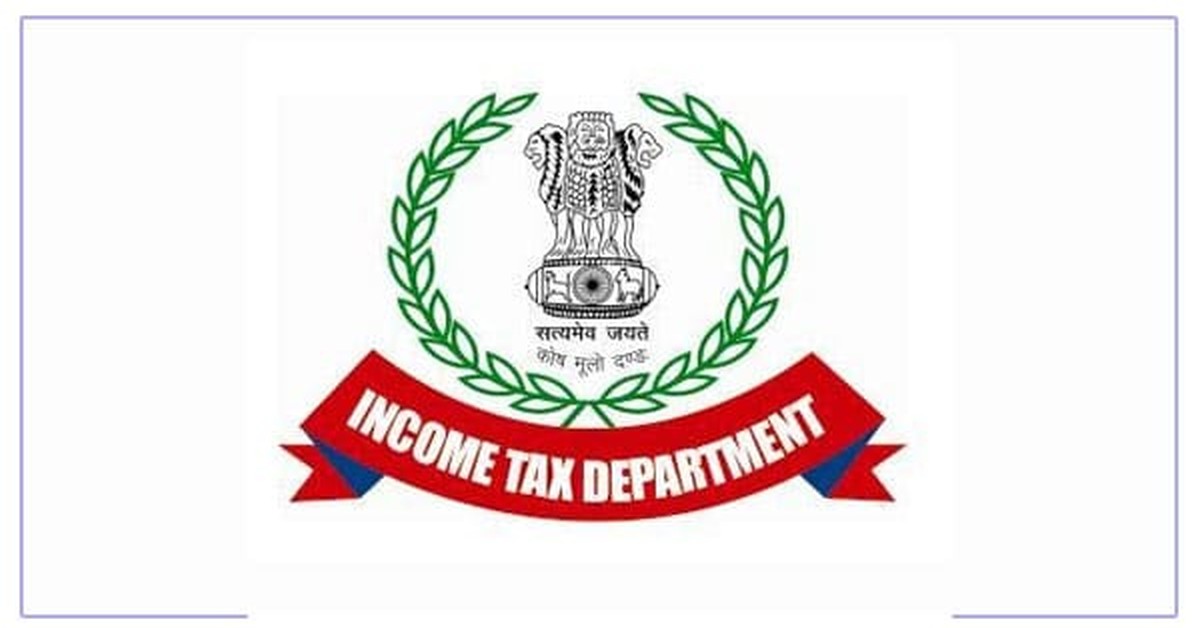Income tax: 5 cash transactions that can attract I-T notice
The same is for your information purpose
One needs to remain alert while doing any kind of high value cash transaction because the Income Tax Department has become highly vigilant about the cash transactions. If a person invests in the stock market via demand draft using cash, the broker will report about the investment in its balance sheet.
The top 5 cash transactions that can attract income tax notice
1. Savings/Current account
For an individual, the cash deposit limit in a savings account is Rs. 1 lakh. If a savings account holder deposits more than Rs. 1 lakh in one's savings account, then the income tax department may send income tax notice. Similarly, for current account holders, the limit is Rs. 50 lakh and on violation of this limit may also be liable for income tax notice.

2. Credit Card bill payment
While paying credit card bill, one should not cross the Rs. 1 lakh limit. Violation of this cash limit in credit card bill payment doesn't go well with the Income Tax Department.
3. Bank FD (fixed deposit)
Cash deposit in bank FD is allowed but it should not go beyond Rs. 10 lakh. Violation of this Rs. 10 lakh limit is also not advisable for a bank depositor making cash deposit in one's bank FD account.
4. Mutual fund/stock market/bond/debenture
People investing in mutual funds, stocks, bond or debenture must ensure that its cash infusion in the above mentioned investment options doesn't go beyond Rs. 10 lakh limit. Failing to maintain this cash infusion limit may lead to the income tax department checking your last Income Tax Return (ITR).
5. Real estate
While buying or selling a property, one must make sure that a cash transaction above Rs. 30 lakh is questionable as the income tax department discourages cash transactions beyond this limit in a real estate deal.
Disclaimer: Every effort has been made to avoid errors or omissions in this material. In spite of this, errors may creep in. Any mistake, error or discrepancy noted may be brought to our notice which shall be taken care of in the next edition. In no event the author shall be liable for any direct, indirect, special or incidental damage resulting from or arising out of or in connection with the use of this information.








 CAclubindia
CAclubindia
